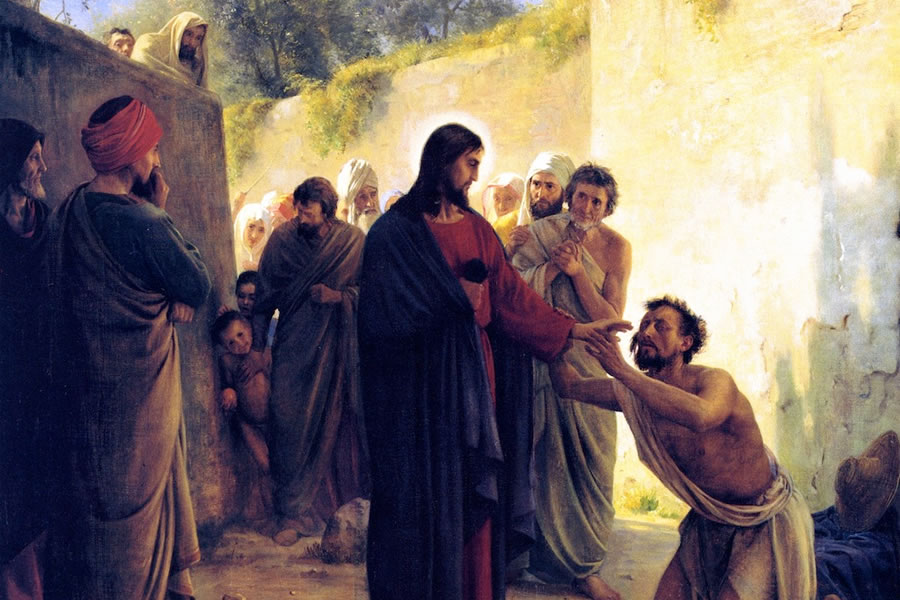
The Gift of Sight Through Faith
10-27-2024Weekly ReflectionFr. Augustine Acheme, VCThis Sunday’s readings highlight God’s restorative power and the gift of faith that opens our eyes to His presence and grace. From the promises in Jeremiah to the healing of Bartimaeus, we are reminded of God’s ability to bring light into the darkness of our lives.
In the first reading, the Lord promises to deliver the remnant of Israel, guiding them back from exile: “I will console them and guide them; I will lead them to brooks of water on a level road, so that none shall stumble” (Jer 31:9). This passage offers hope to all who feel lost, assuring us that God is a loving Father who restores His people.
READ MORE
The Path of True Greatness
10-20-2024Weekly ReflectionFr. Augustine Acheme, VCThis Sunday’s readings reveal that true greatness is found not in power or prestige, but in selfless service and sacrifice. The first reading from Isaiah points to the suffering servant who, through his afflictions, brings redemption: “Through his suffering, my servant shall justify many, and their guilt he shall bear” (Is 53:11). This foreshadows Christ, who offered His life to redeem humanity, showing that true greatness often comes through humble sacrifice.
READ MORE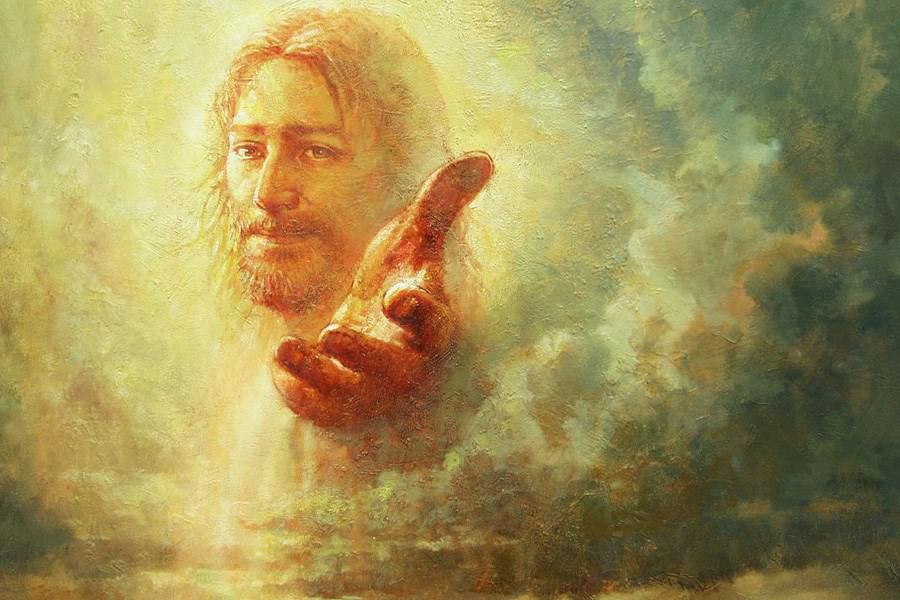
The Treasure of Wisdom
10-13-2024Weekly ReflectionFr. Augustine Acheme, VCThis Sunday’s readings invite us to reflect on what we truly value in life. The pursuit of wisdom, the power of God’s Word, and the challenge of letting go of material possessions for the sake of the kingdom are at the heart of the message.
In the first reading, we hear of the beauty of wisdom: “I pleaded, and the spirit of wisdom came to me. I preferred her to scepter and throne” (Wis 7:7-8). Wisdom is more valuable than riches, power, or even physical beauty because it leads to true understanding and fulfillment. It reminds us that the treasures of this world pale in comparison to the gift of divine wisdom.
READ MORE
Francis, the Friend of Nature
10-06-2024Weekly ReflectionFr. Augustine Acheme, VCSt. Francis of Assisi, also known as Giovanni di Pietro di Bernardone, was born in either 1181 or 1182 and is considered one of the most cherished saints in the Christian tradition. Francis grew up in a wealthy household in Assisi, Italy, and enjoyed a lavish, carefree lifestyle during his early years. Nevertheless, his time in battle, captivity, and sickness, along with a spiritual revelation, caused him to give up his material belongings and commit fully to a life of destitution and worship of God. He established the Franciscan Order in 1209, promoting simplicity, humility, and concern for the marginalized.
READ MORE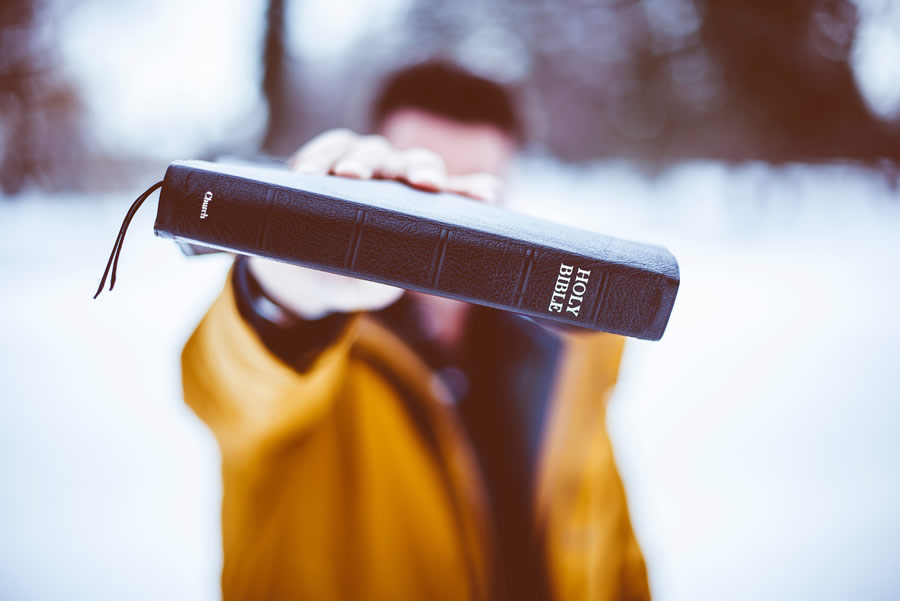
Embracing the Spirit of Unity and Humility
09-29-2024Weekly ReflectionFr. Augustine Acheme, VCThis Sunday’s readings invite us to reflection the openness and humility required to embrace the work of the Holy Spirit, both within ourselves and in others. Through the examples of Moses, James, and Jesus, we are encouraged to move beyond jealousy and selfishness, embracing a spirit of unity and righteousness that aligns with God’s will.
READ MORE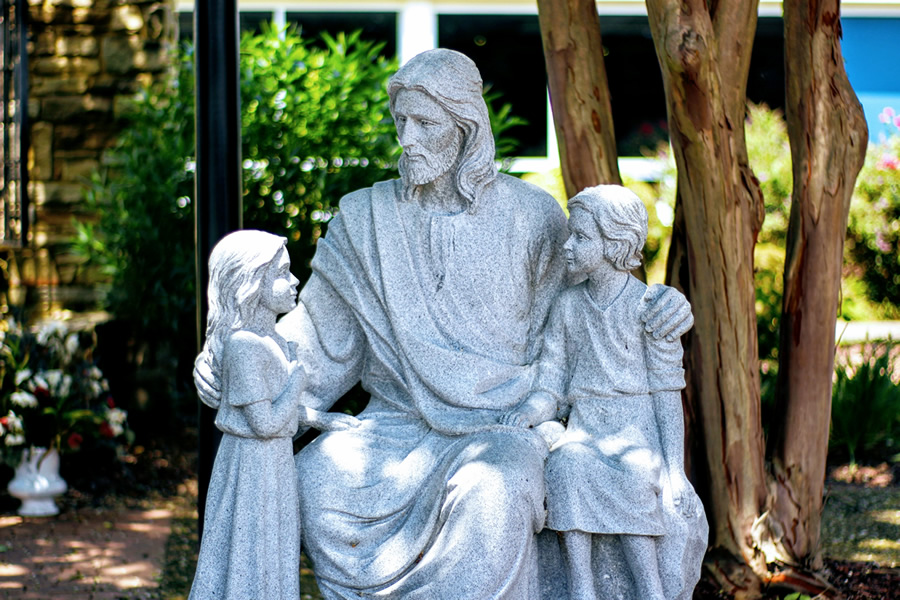
True Greatness in Humility and Service
09-22-2024Weekly ReflectionFr. Augustine Acheme, VCThis Sunday’s readings call us to reflect on the true meaning of greatness in the eyes of God. Through the wisdom of Scripture, we are invited to move away from selfish ambition and towards a life of humility, service, and peace.
READ MORE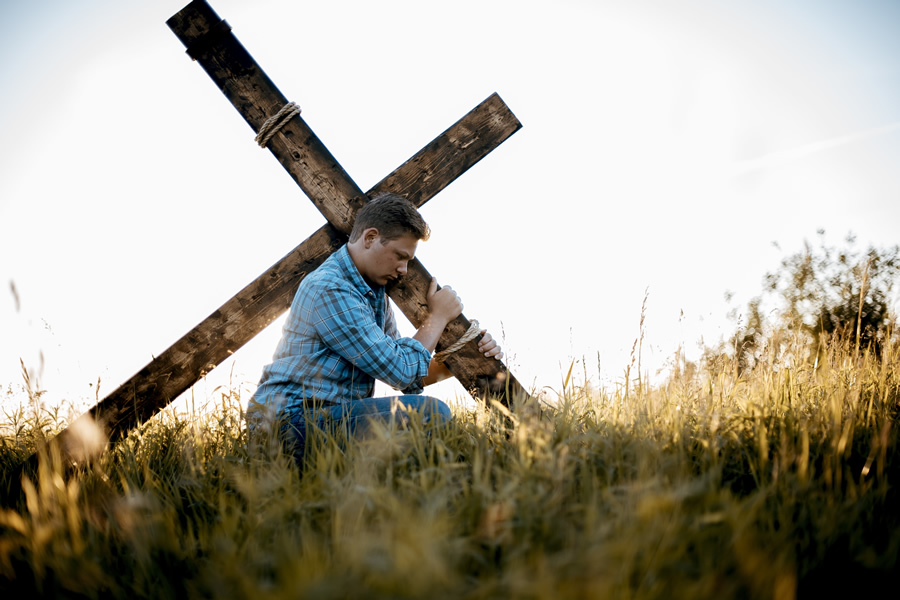
The Cost of Discipleship
09-15-2024Weekly ReflectionFr. Augustine Acheme, VCThis Sunday’s readings challenge us to confront the true cost of discipleship and the depth of our commitment to following Christ. Through the words of Isaiah, James, and Jesus, we are called to reflect on the sacrifices required to live out our faith authentically and to consider what it truly means to take up our cross and follow Jesus.
READ MORE
Embracing the Healing Power of God
09-08-2024Weekly ReflectionFr. Augustine Acheme, VCThis Sunday’s readings speak powerfully to the healing and restorative nature of God’s presence in our lives. Through the prophecy of Isaiah, the exhortation of James, and the miraculous actions of Jesus, we are invited to witness and participate in the transformative power of God, who brings hope and healing to all who seek Him.
READ MORE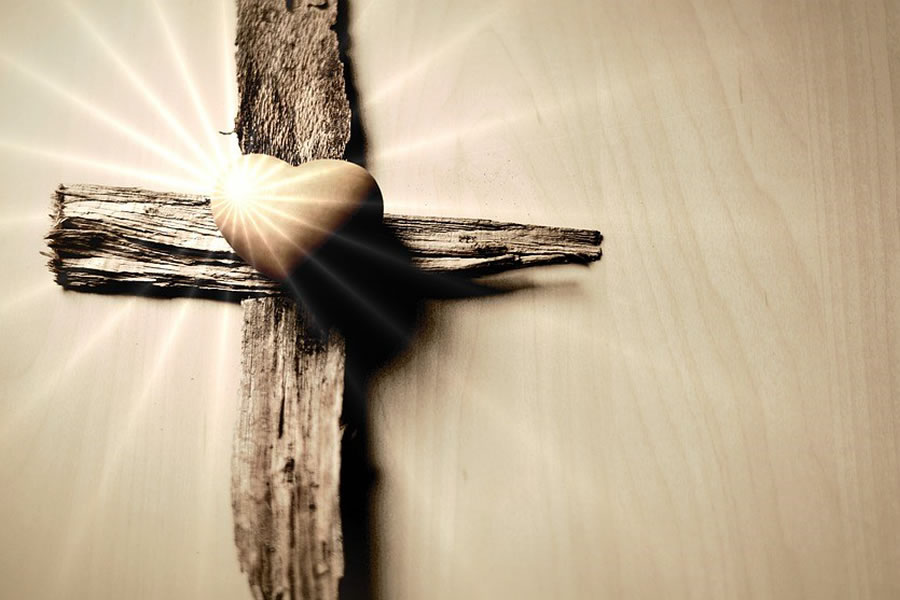
Living from the Heart of the Gospel
09-01-2024Weekly ReflectionFr. Augustine Acheme, VCThis Sunday’s readings challenge us to reflect on the authenticity of our faith and the importance of living out God’s Commandments from the heart. Through the words of Moses, James, and Jesus, we are called to move beyond a mere external observance and embrace a faith that transforms us from within.
READ MORE